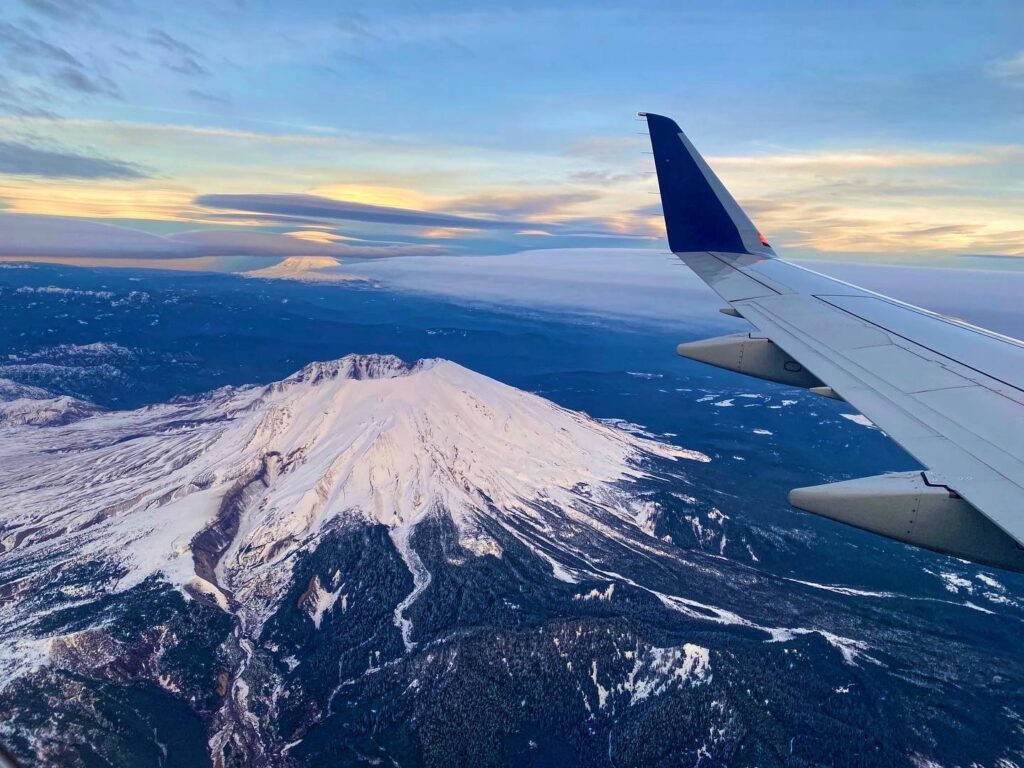“London always reminds me of a brain. It is similarly convoluted and circuitous. A lot of cities, especially American ones like New York and Chicago, are laid out in straight lines. Like the circuits on computer chips, there are a lot of right angles in cities like this. But London is a glorious mess.”
— James Geary
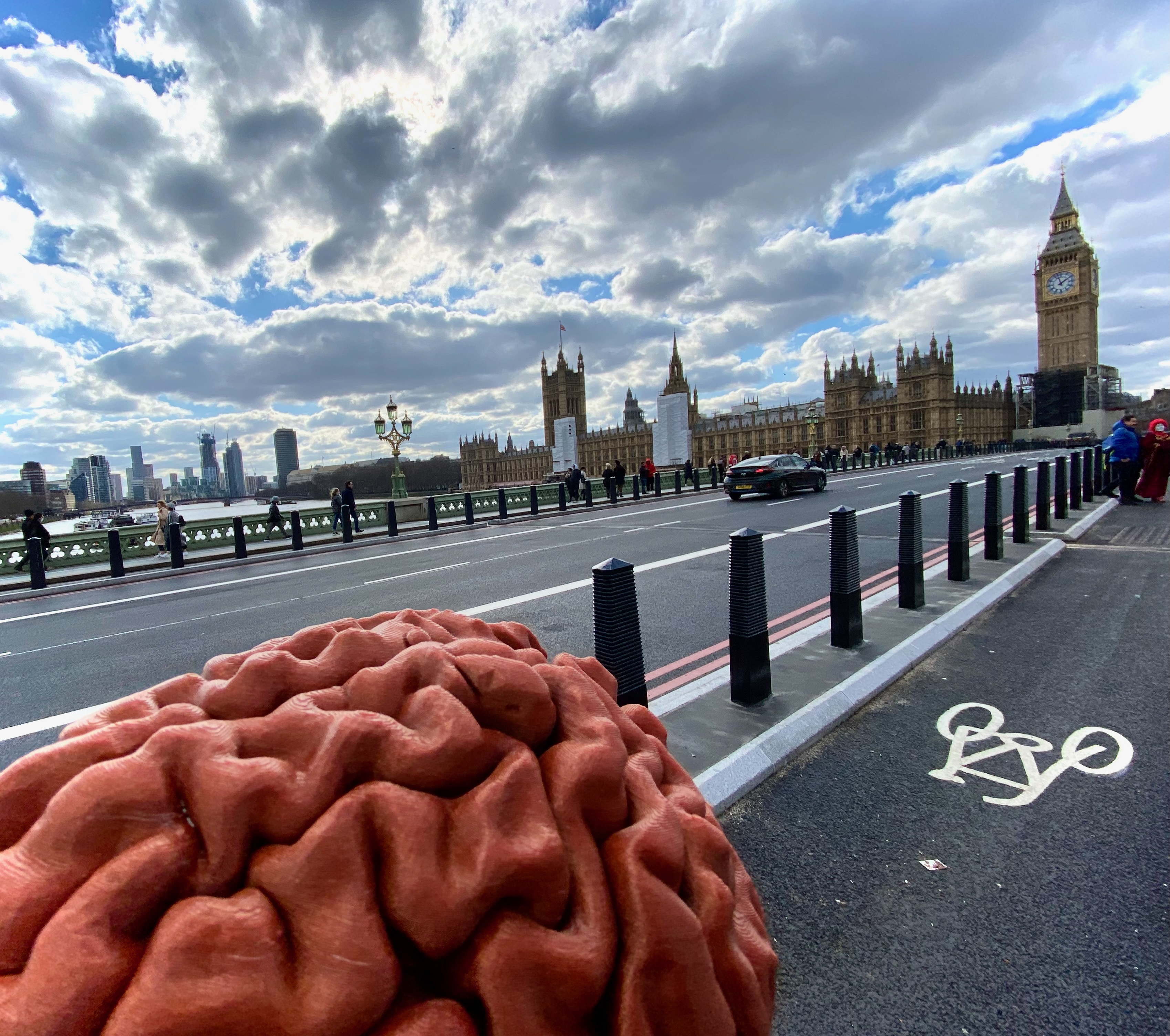
We were utterly gobsmacked and excited to join our esteemed colleagues at King’s College London to speak about the journey of Northwest Noggin, the work we do, our challenges and successes, the communities we partner with and the role of art and creativity in outreach and teaching!
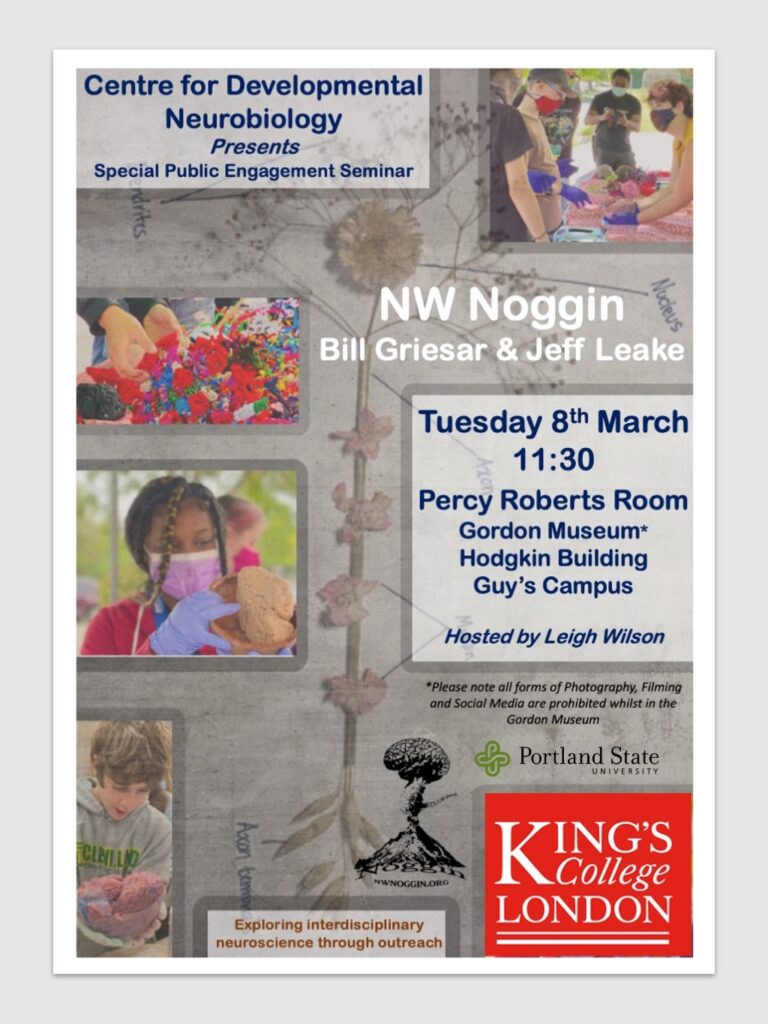
LEARN MORE: What is Northwest Noggin?
LEARN MORE: How to Build an Outreach Organization
LEARN MORE: Synapsing in San Diego
We’ve previously had the great pleasure of collaborating with Dr. Leigh Wilson, Public Engagement Manager at the MRC Centre for Neurodevelopmental Disorders at Kings, and Dr. Richard Wingate, a Principal Investigator at the MRC Centre and Director of the Kings Centre for Education.
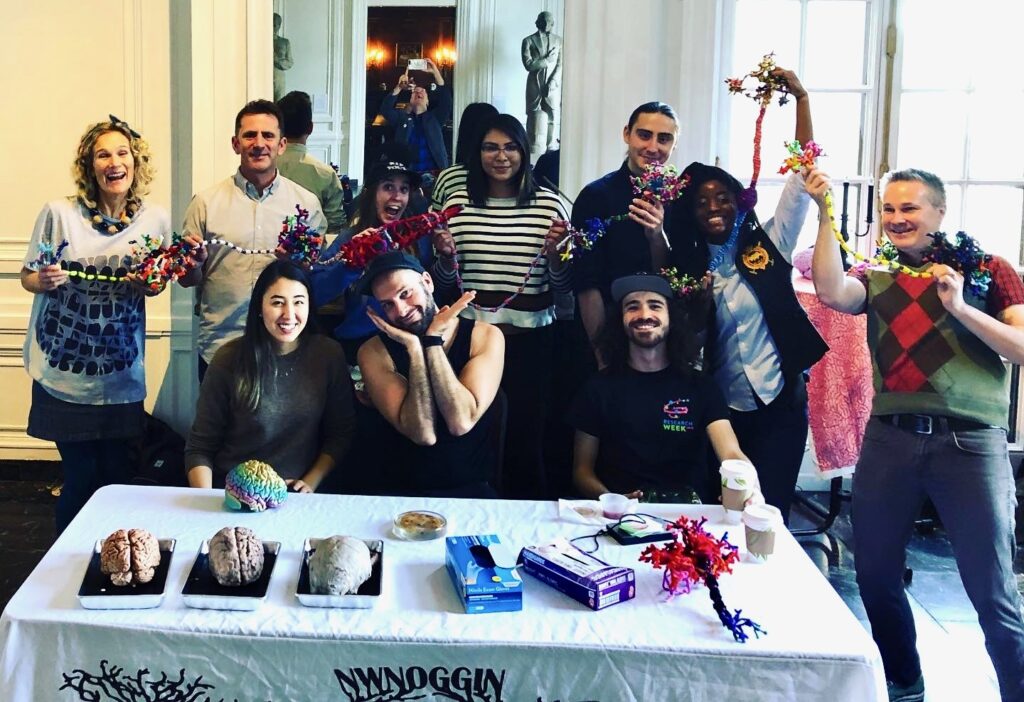
Richard is also the Editor-in-Chief of BrainFacts.org, a public information initiative of The Kavli Foundation, the Gatsby Charitable Foundation, and the Society for Neuroscience – all global nonprofit organizations dedicated to advancing brain research.
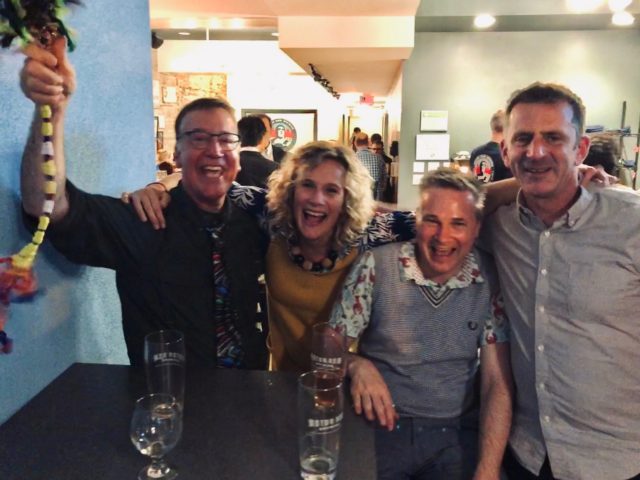
Leigh and Richard have joined our NW Noggin visits in Chicago, field-tested our brain map project in England, collaborated with us on outreach webinars for the Society for Neuroscience, and jointly trekked through cities carrying our trademark pipe cleaner brain cells!
LEARN MORE: Noggins & Kings
LEARN MORE: Noggins in Chicago @ SfN and Society for Social Neuroscience
LEARN MORE: NW Noggin/BrainFacts Webinars
LEARN MORE: Noggin @ SfN
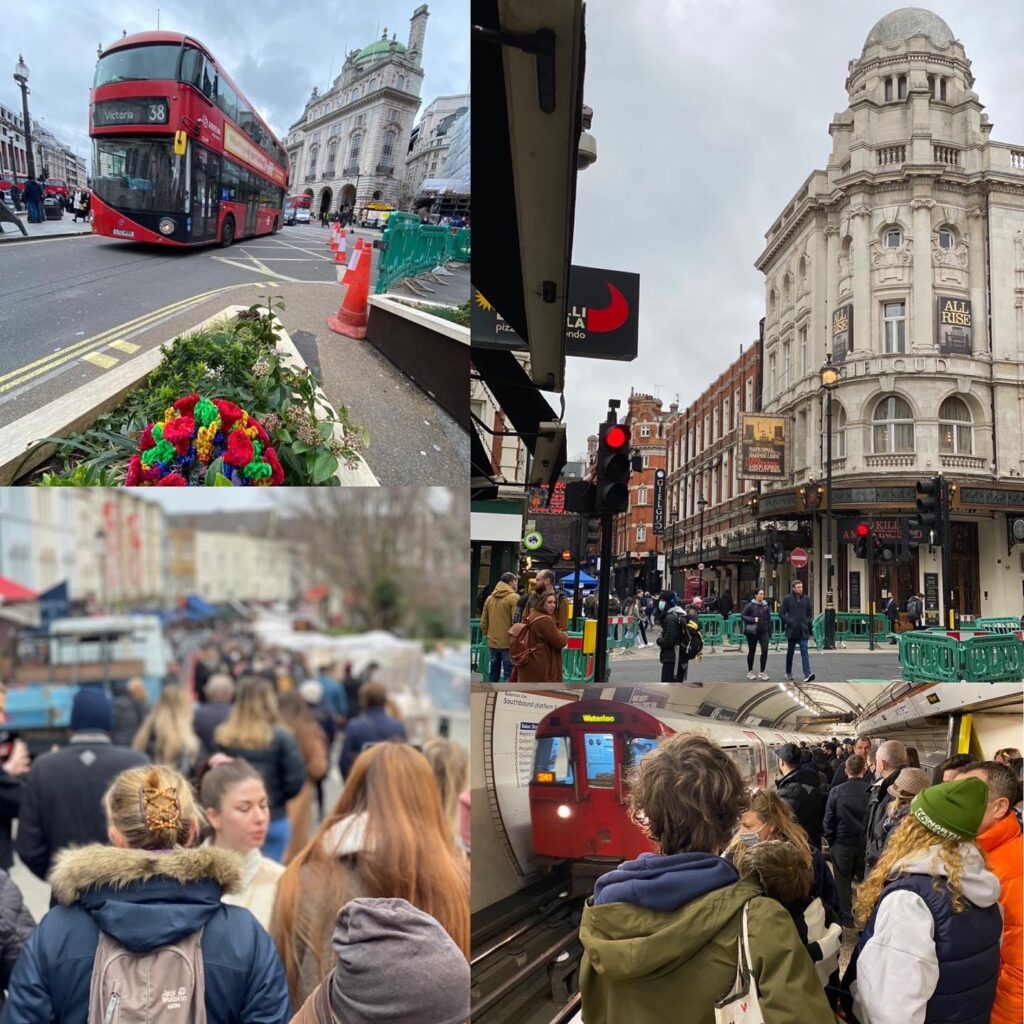
London Calling
“Why, Sir, you find no man, at all intellectual, who is willing to leave London. No, Sir, when a man is tired of London, he is tired of life; for there is in London all that life can afford.”
— Samuel Johnson
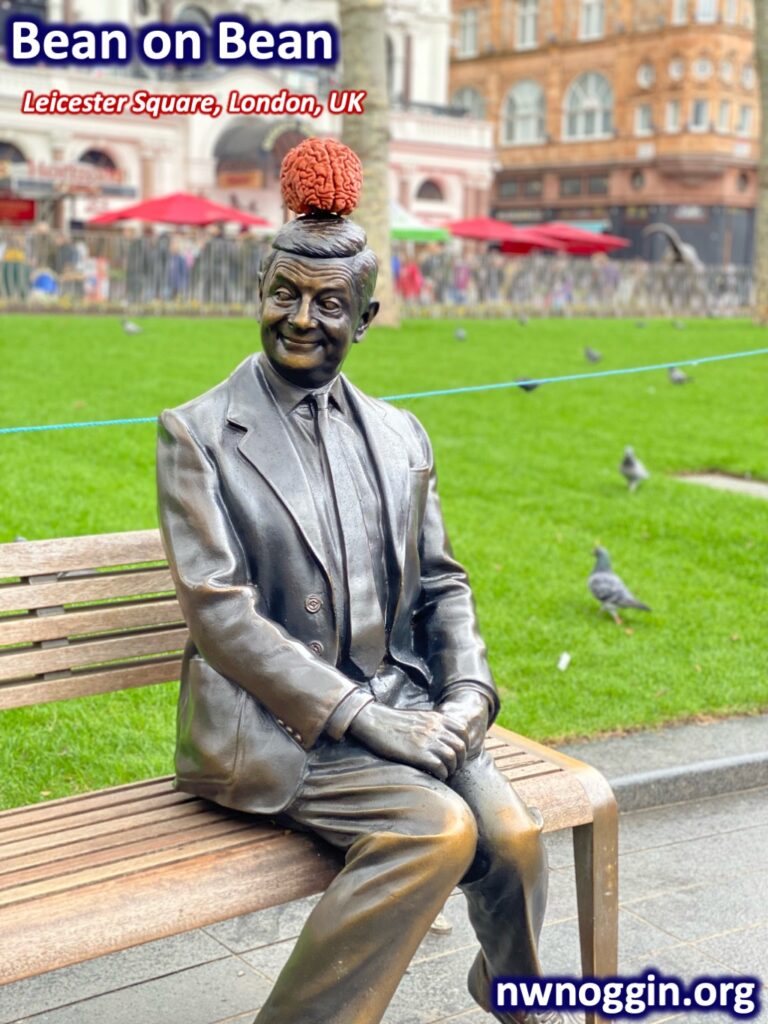
What a thrilling city! So many opportunities to make (nerdy brain) connections.
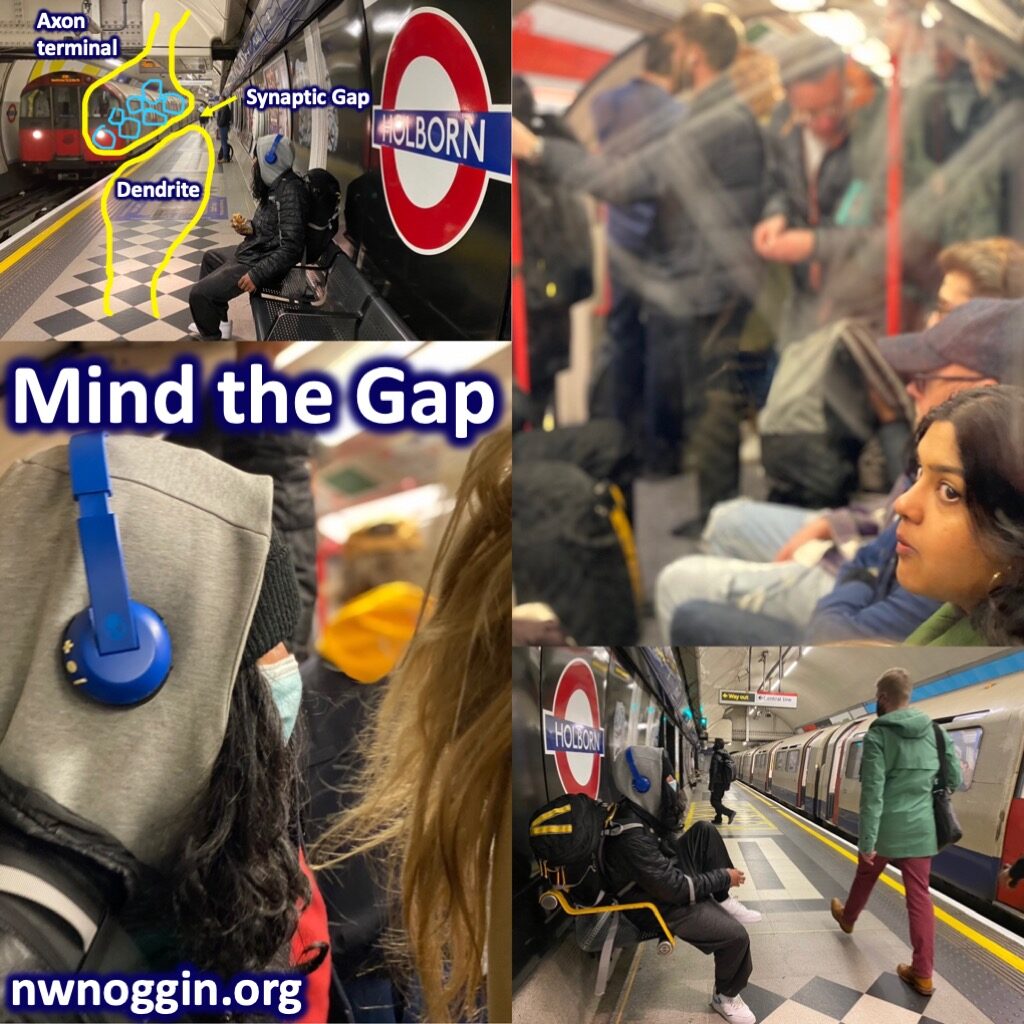
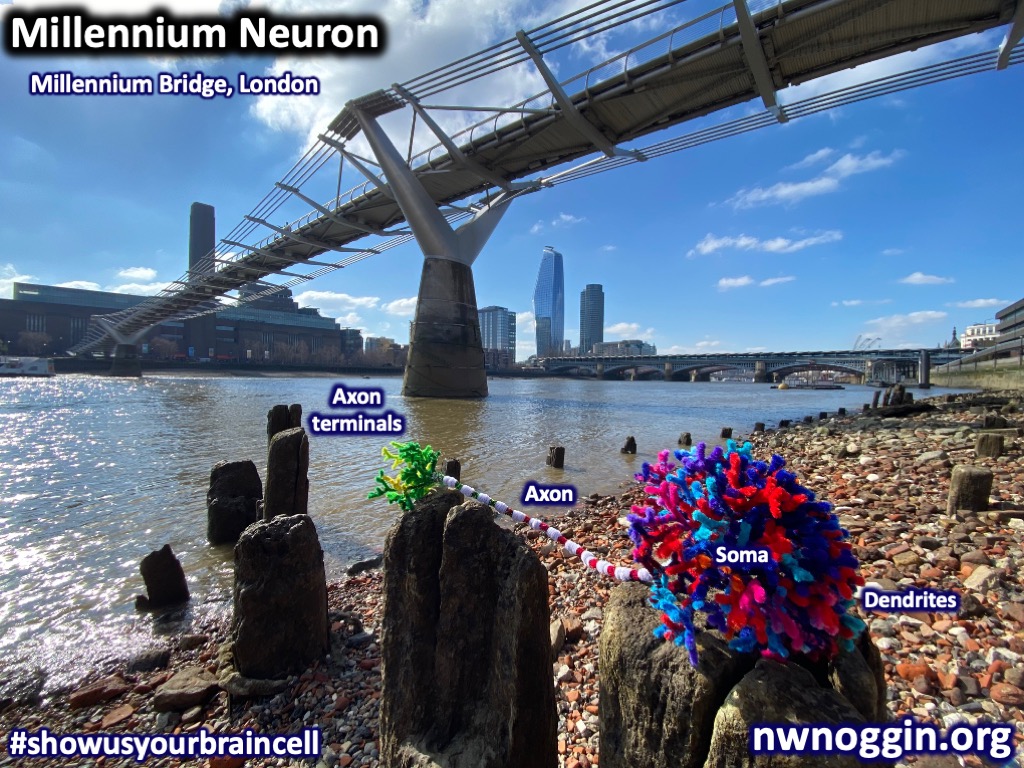
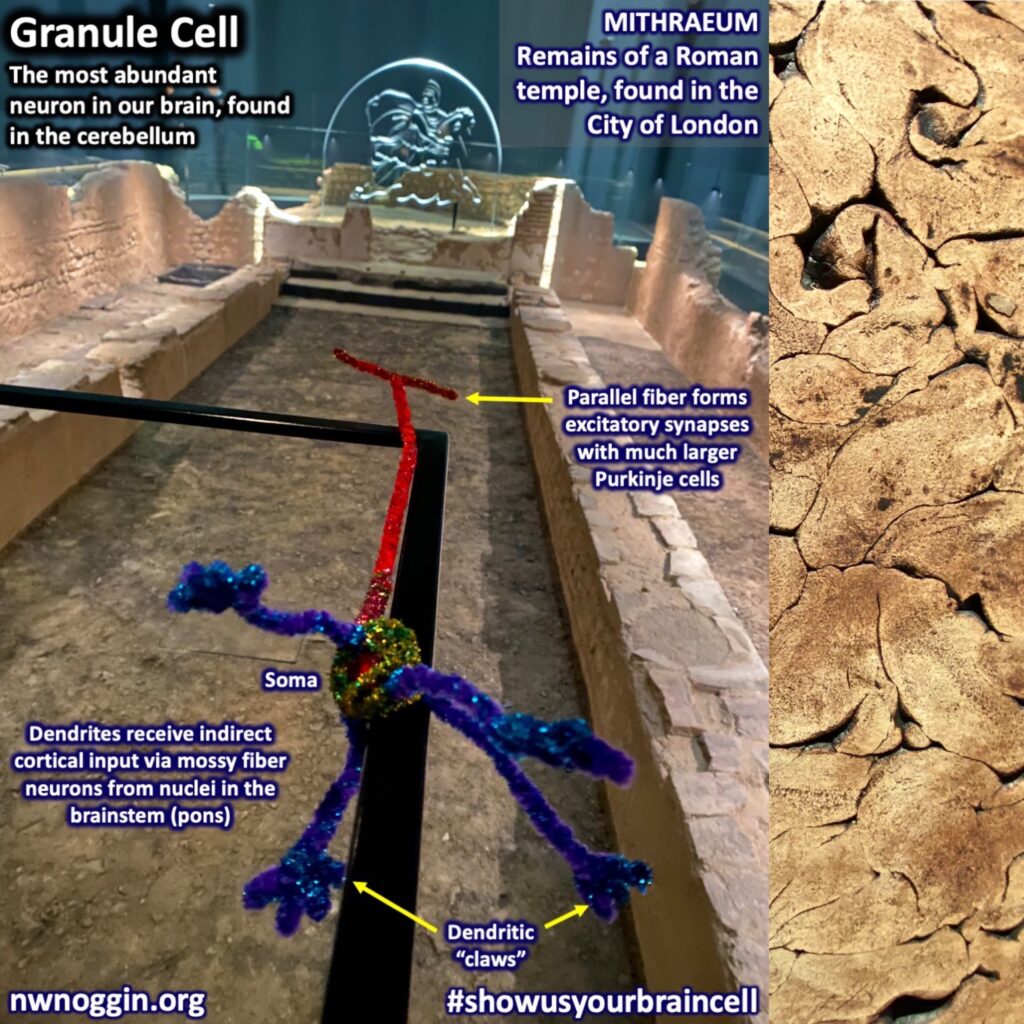
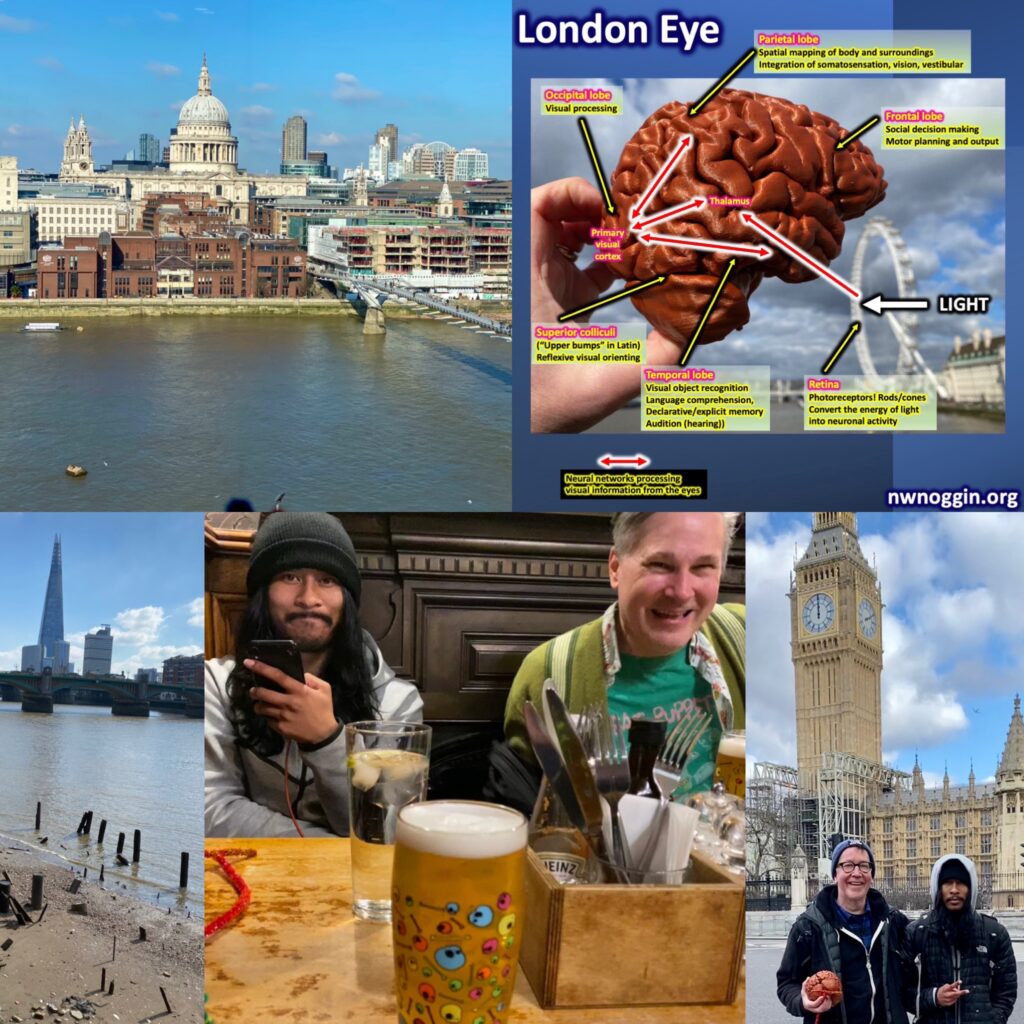
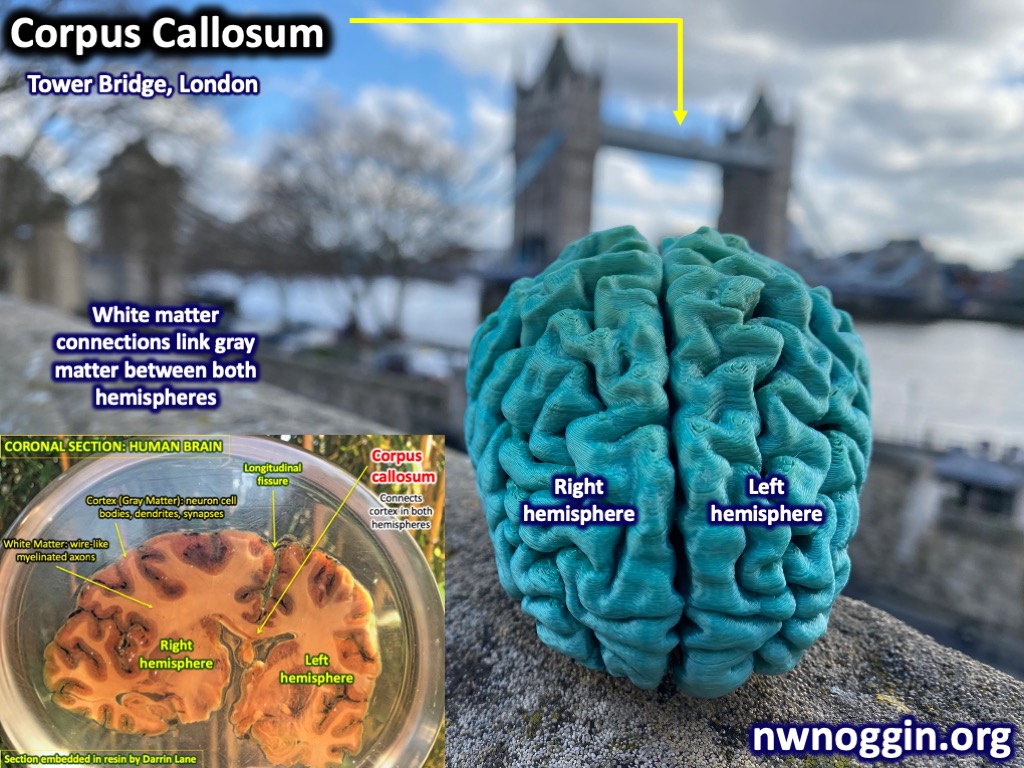
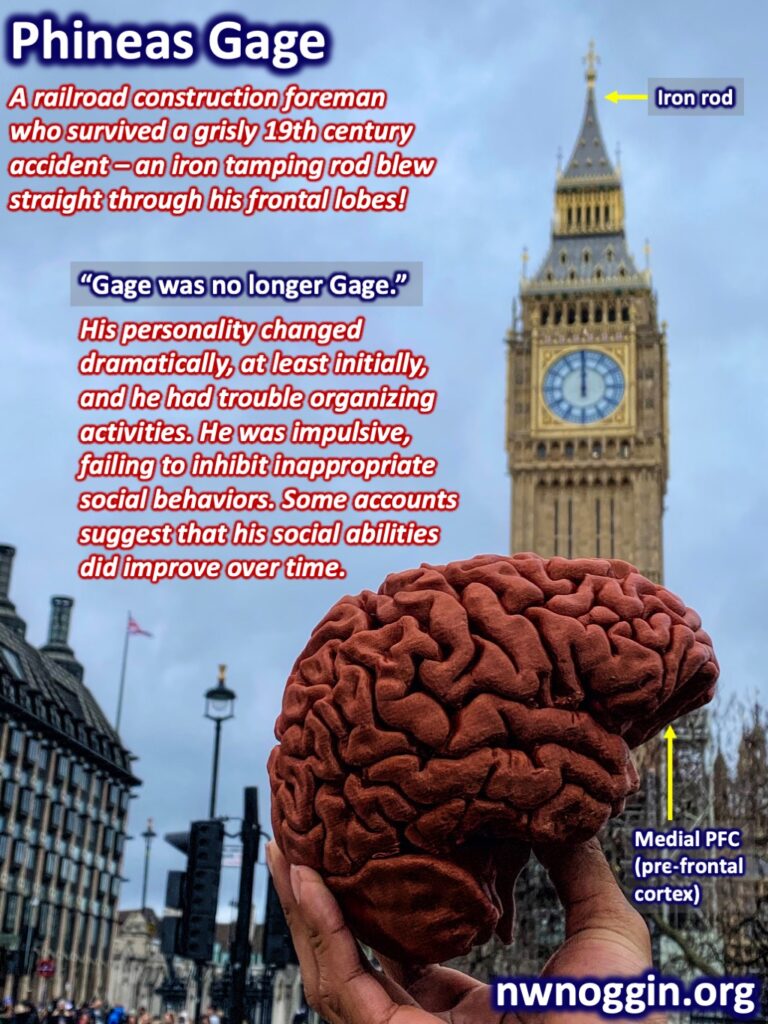
Just one day before traveling and disrupting our own circadian rhythms, I’d joined fellow Noggin volunteers for a full day at Fort Vancouver High School, where we’d discussed the substantial drawbacks of Daylight “Savings” Time (note that NO daylight is ever “saved”).
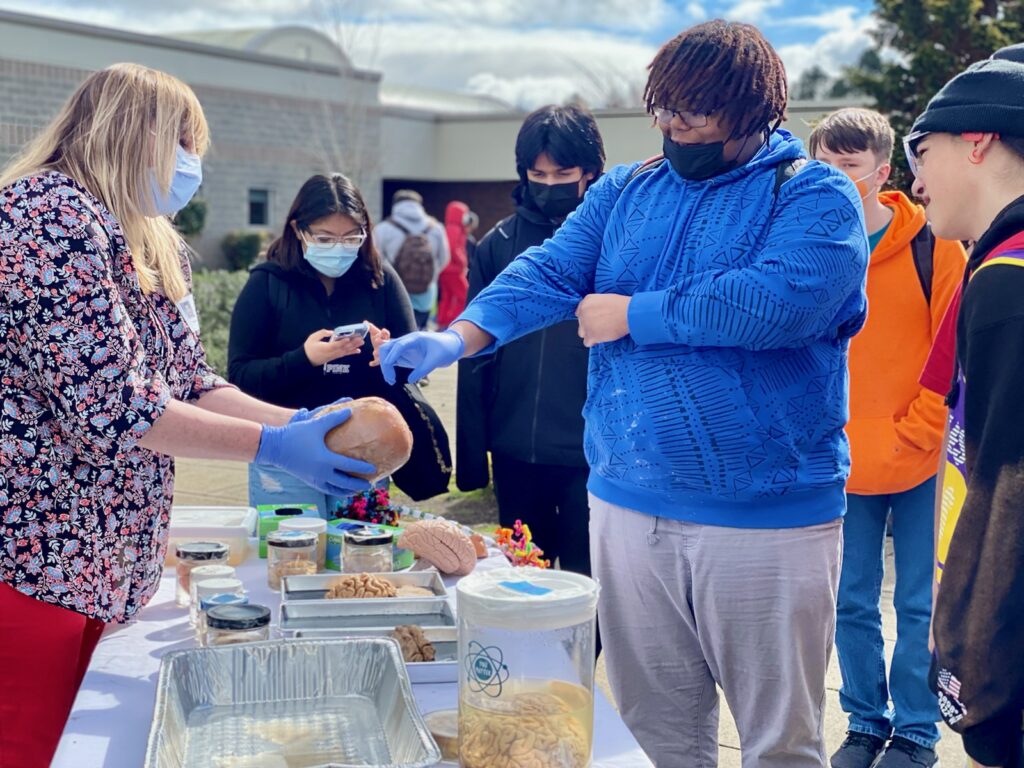
Yet Washington’s own U.S. Senator Patty Murray just voted to force young people in her state (and the nation) to wake dangerously early in darkness, with serious, documented adverse consequences for their brain development and mental health. Research should inform public policy, and permanent Standard Time is the healthier option by far.
LEARN MORE: Tired Trappers at Fort
LEARN MORE: The US wants to increase sleep deprivation and winter misery
My oldest son joined me on this journey, and we met Noggin Art Coordinator Jeff Leake in Hackney for dinner at Rich’s, after a day spent walking around the “glorious mess” of London. Jeff arrived from Latvia, where he’d completed a six week arts residency at Pedvale Art Park!
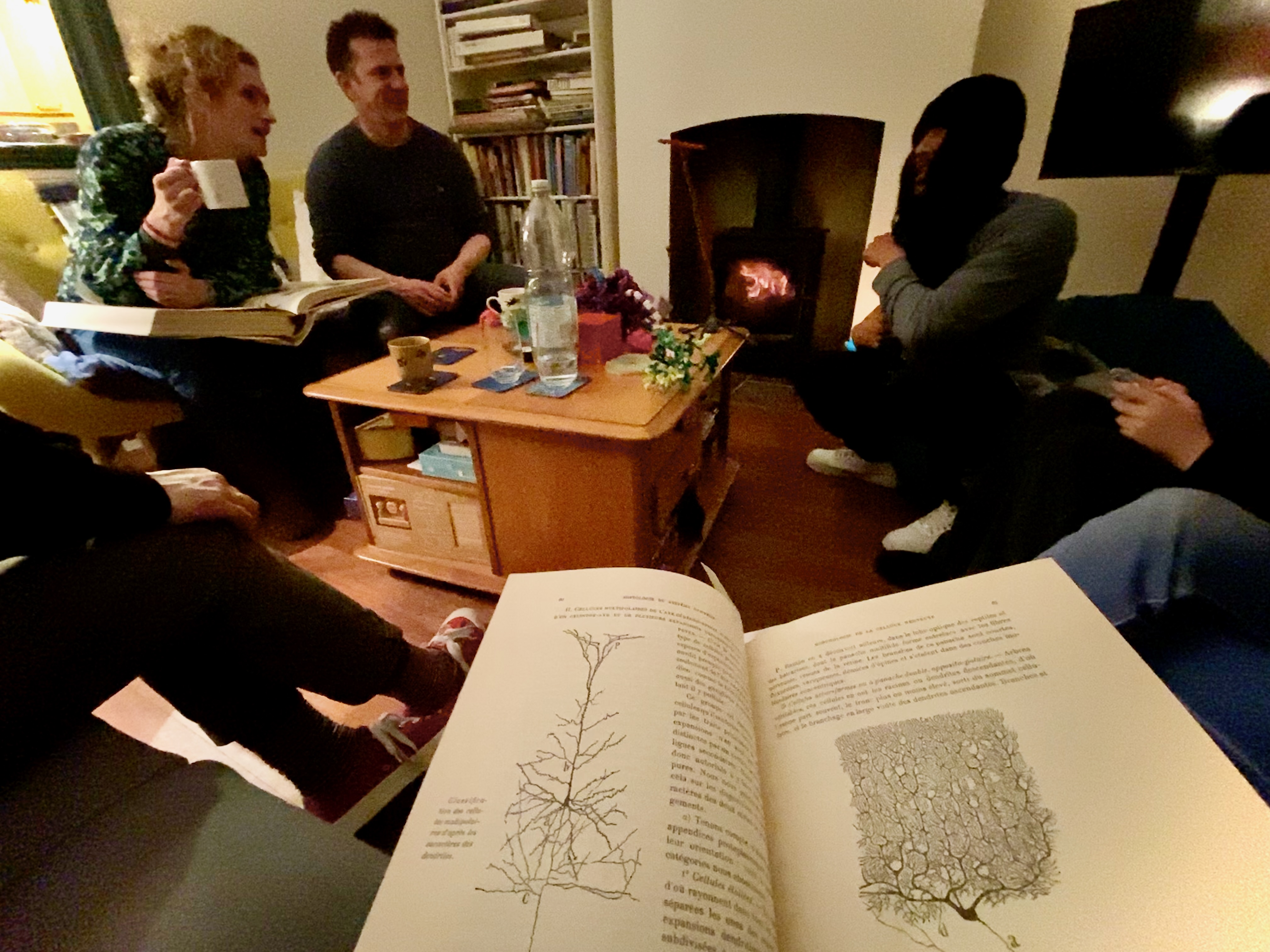
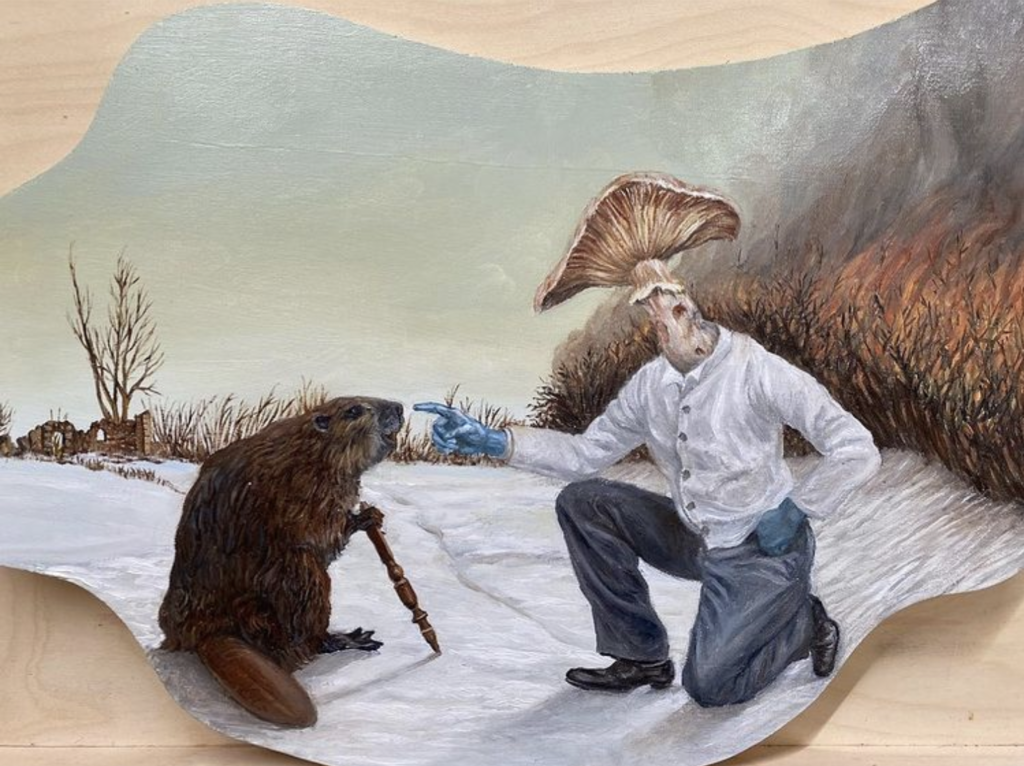
Happily, good exercise and exploration can help overcome some disruptive effects of jet lag. And there may be other potential benefits of going new places like London, too.
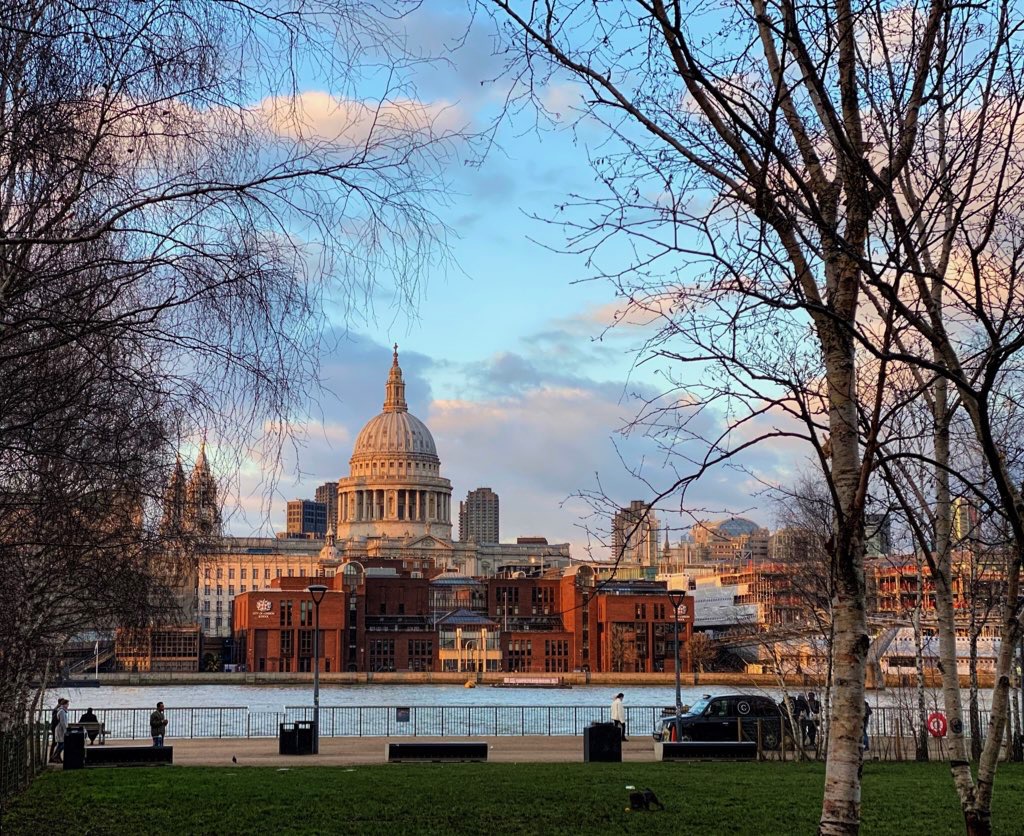
Well-publicized research examined the impact of novel exploratory activity on the brain, finding selective increases in hippocampal volume (perhaps from neurogenesis) in London cab drivers who successfully acquired “The Knowledge” of the circuitous lanes, streets and mews of their historic capital city.
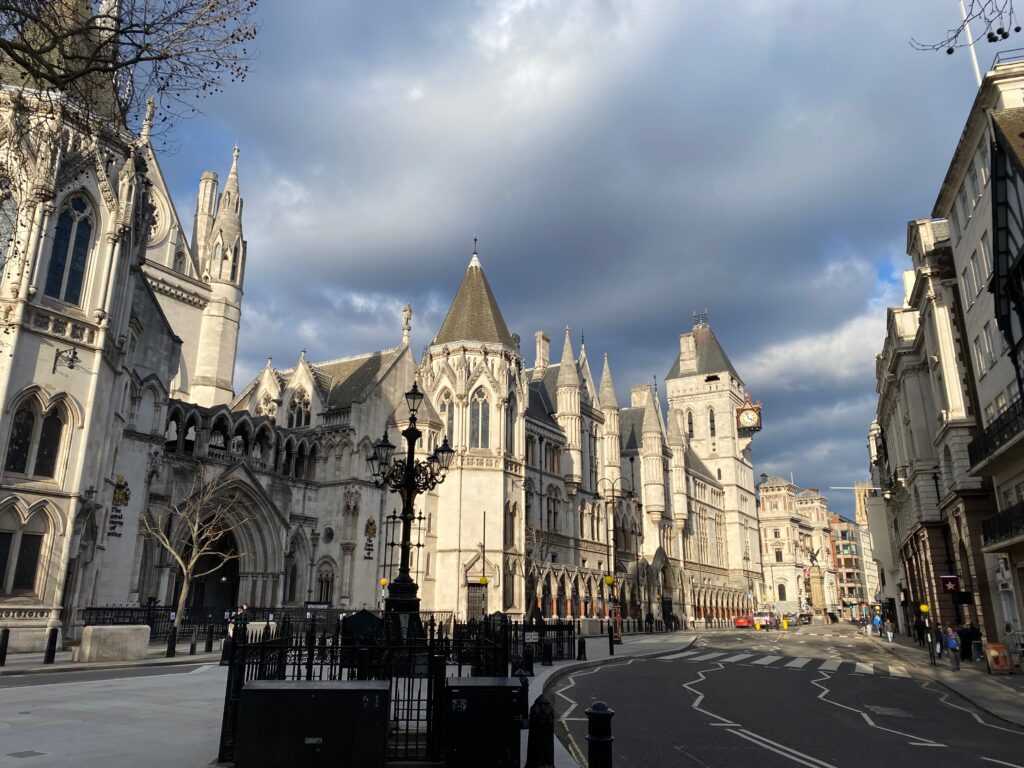
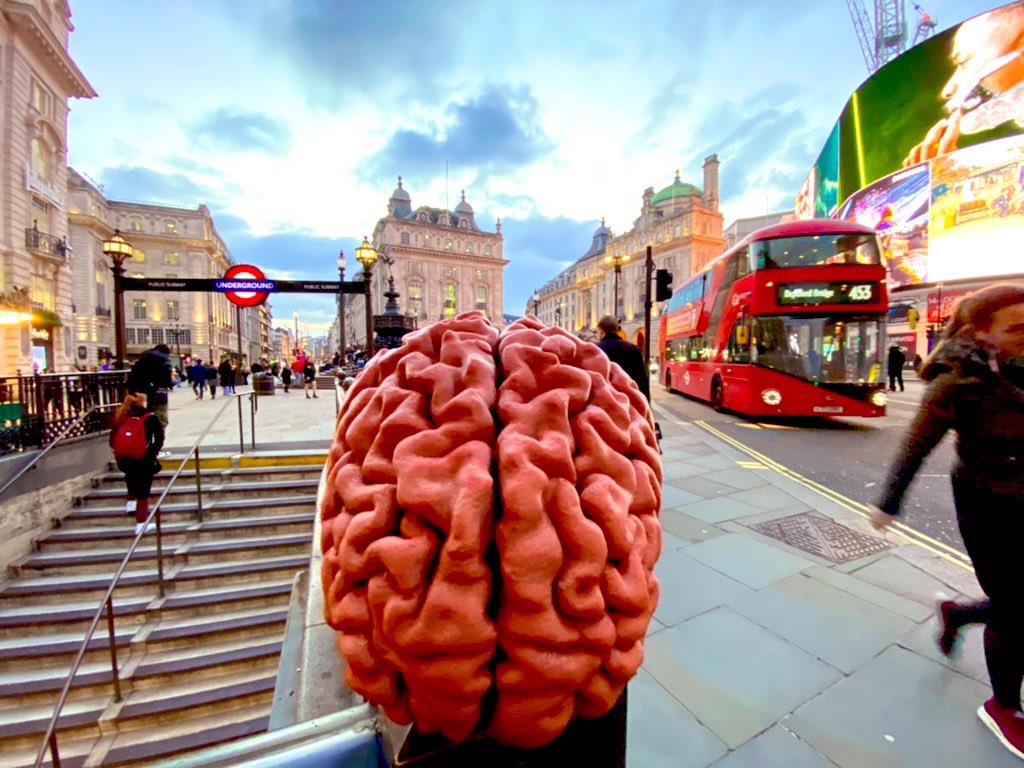
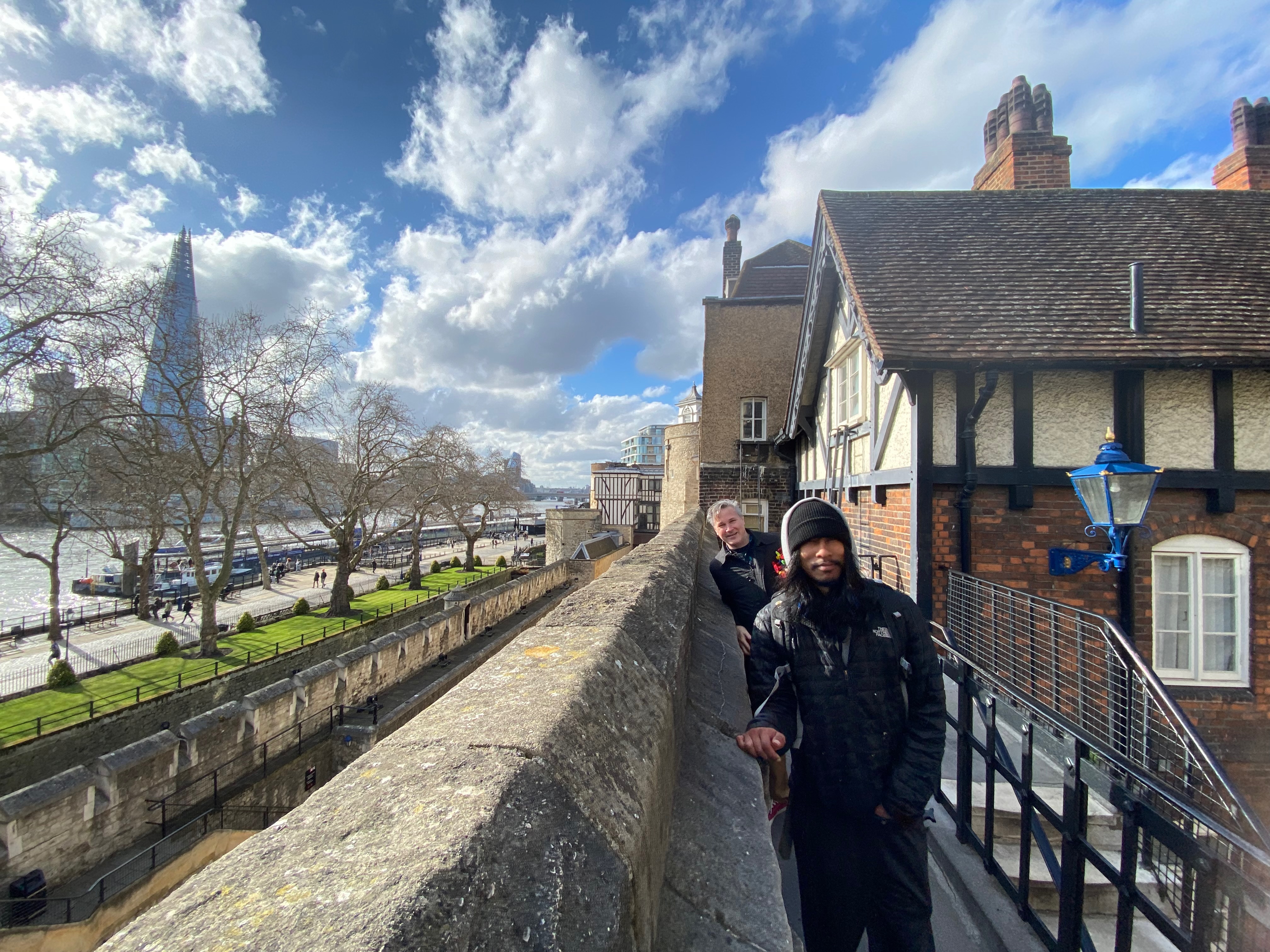
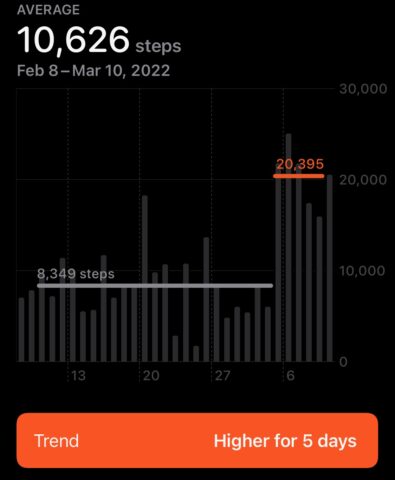
So…maybe we started growing a few new brain cells before our talk 🙂
LEARN MORE: Navigation-related structural change in the hippocampi of taxi drivers
LEARN MORE: Acquiring “the Knowledge” of London’s Layout Drives Structural Brain Changes
LEARN MORE: London taxi drivers and bus drivers: a structural MRI and neuropsychological analysis
LEARN MORE: The role of adult hippocampal neurogenesis in brain health and disease
LEARN MORE: Mental health @ McMenamin’s
LEARN MORE: Voluntary exercise increases adult hippocampal neurogenesis in mice
LEARN MORE: Intense Exercise Promotes Adult Hippocampal Neurogenesis
LEARN MORE: Exercise becomes brain: sustained aerobic exercise enhances hippocampal neurogenesis
LEARN MORE: Interventions to Minimize Jet Lag After Westward and Eastward Flight
LEARN MORE: Histologie du système nerveux de l’homme et des vertébrés
What is outreach?
Once again, we were GOBSMACKED! We have NEVER had the opportunity to speak in a more Noggin-appropriate, physiologically impressive auditorium than the historic lecture pit at the Gordon Museum of Pathology on the Guys Campus of Kings College London, beneath the bright reflective glass of The Shard!
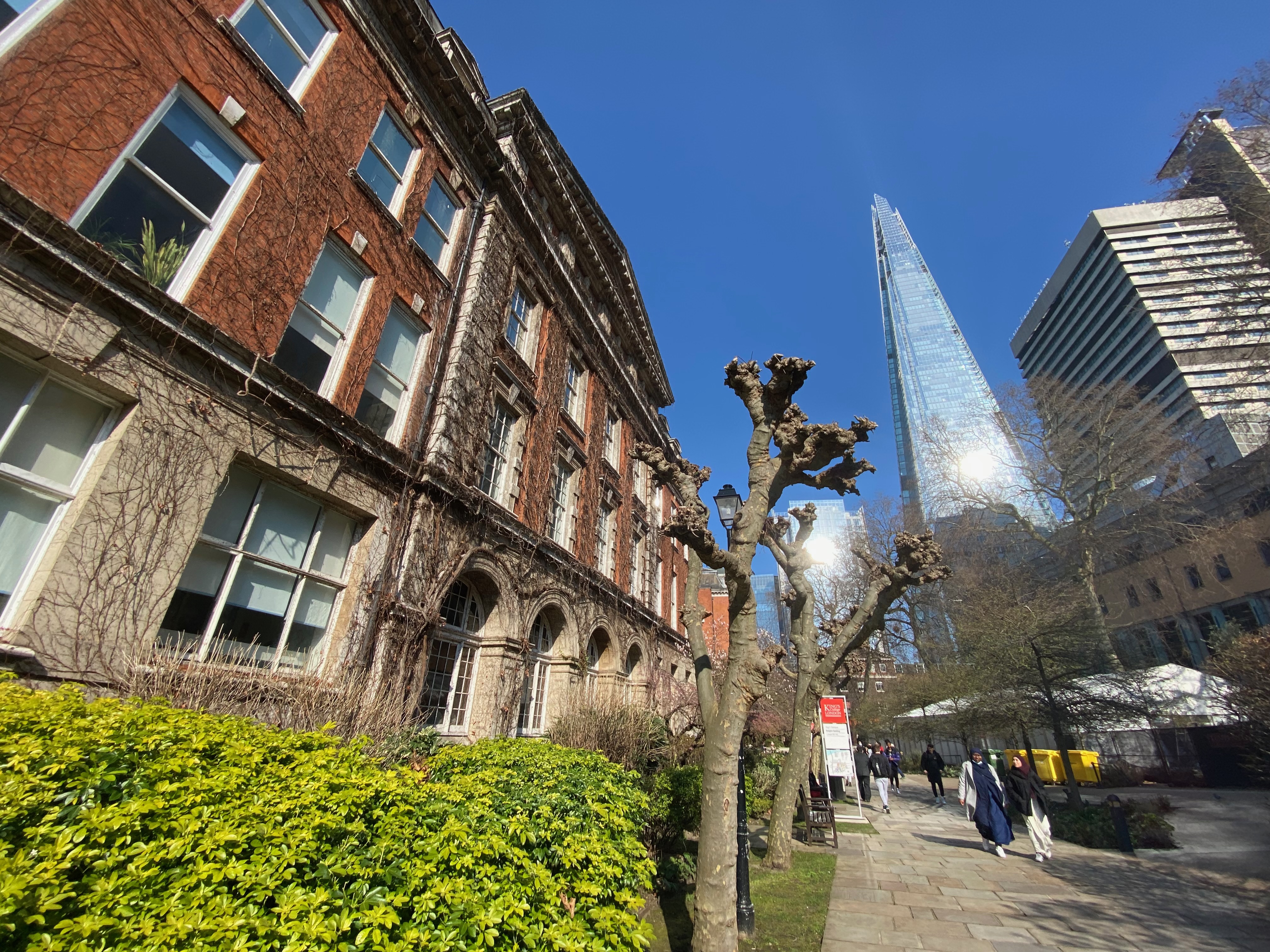
It was a distinct honor to meet the renowned Bill Edwards, Curator of the Gordon Museum, and be granted access to an extraordinary library of specimens, including Thomas Addison’s Disease specimen, countless brains and other organs, Joseph Towne’s wax anatomical model collection, and the powerful paintings of Lam Qua, a Chinese painter whose portraits of patients with various striking disorders surrounded us as we presented on Northwest Noggin in the Percy Lecture Theatre!
No photos are permitted in the museum, but Bill was excited to show us the ultra-realistic models of King George VI, which were created for the Netflix series “The Crown.” The King undergoes lung surgery in Season One, and surgeons from Guy’s Hospital appeared on the show!
LEARN MORE: Surgery – how far have we come?
LEARN MORE: The Crown: Guy’s Hospital surgical team in Netflix drama
LEARN MORE: The Gordon Museum collection
LEARN MORE: Getting under the skin: an artist in the Gordon Museum
Noggin Presents
And we thoroughly enjoyed introducing our extensive, all-volunteer, interdisciplinary neuroscience outreach with over 50,000 K-12 public school students, houseless youth, art museum-goers, pub patrons, incarcerated individuals, members of Congress, and other community members since 2012!
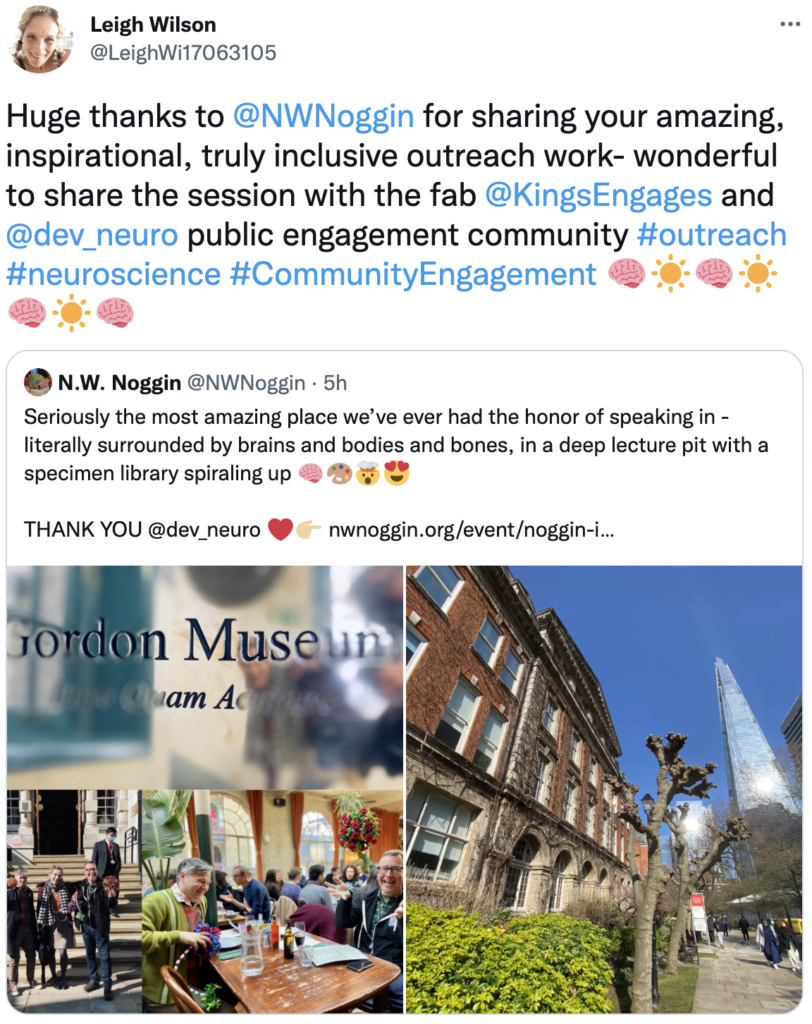
We are not the marketing arm of a larger institution (as administrators and faculty at a state university branch campus once expected us to be), nor do we pursue “in-reach,” requiring people to come to an imposing campus to be impressed, or intimidated. We don’t see fellow humans as experimental subjects, we don’t charge for sharing publicly funded science, and we’re never excited by corporate “#scitalk” events designed to milk people out of cash, without any discernible community engagement.

However we DO LOVE GOING PLACES, meeting new people, listening to their ideas and interests, and recognizing where our own stories from labs and classrooms intersect! This inspires people – it inspires us! – and engages community in discovering opportunities to understand, participate and contribute to scientific research.

We covered Northwest Noggin collaborations with p:ear (a houseless youth organization in downtown Portland)…

LEARN MORE: Noggin + P:ear
…rural engagement, and our penchant for going places to listen, share and learn…

LEARN MORE: Synaptic Community Connections
…and presentations at conferences, where we also meet students in local public schools!
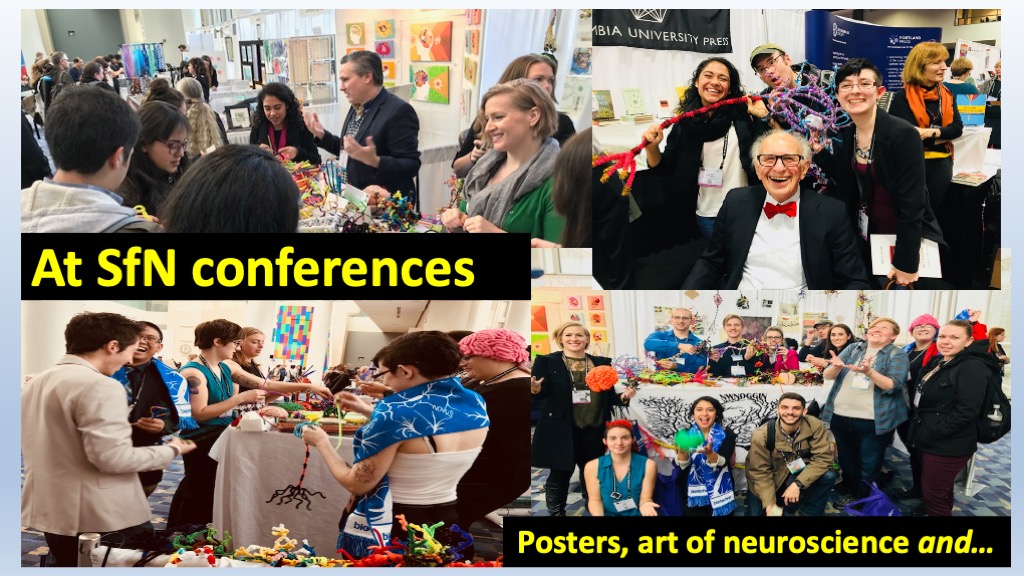
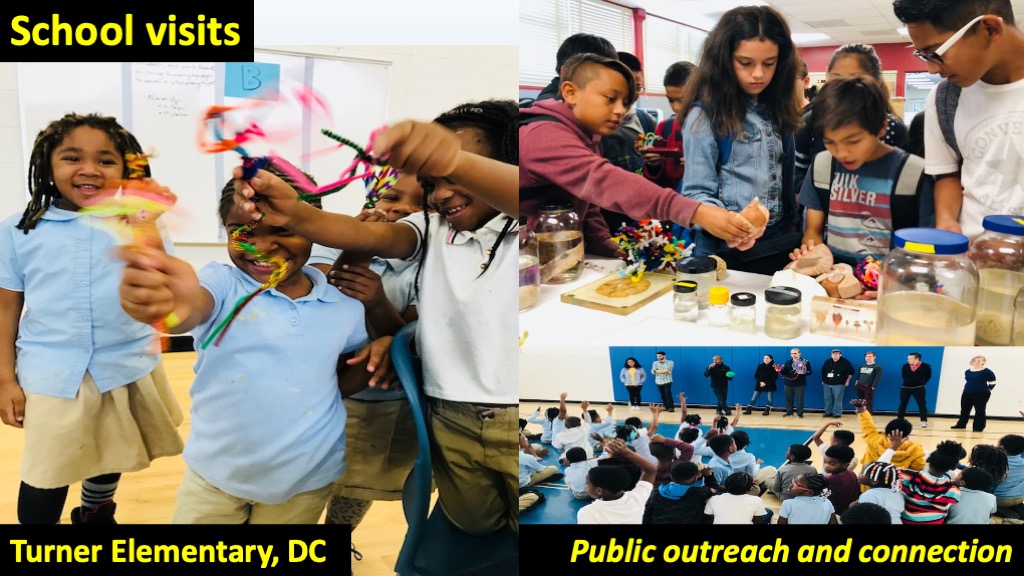
LEARN MORE: Noggin + Society for Neuroscience
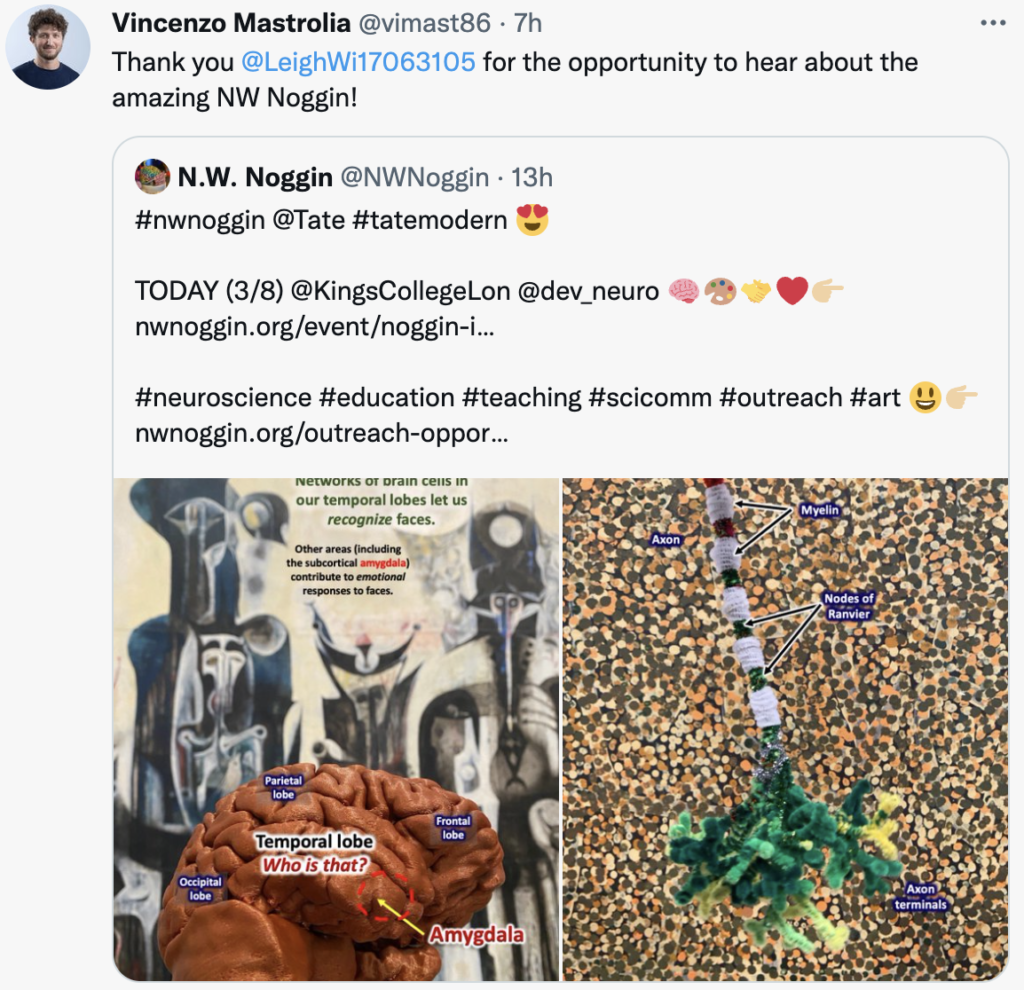
Return to Kings!
We were thrilled to return for a second day at Kings, to present and meet with 2nd and 3rd year undergraduates studying science communication and engagement.
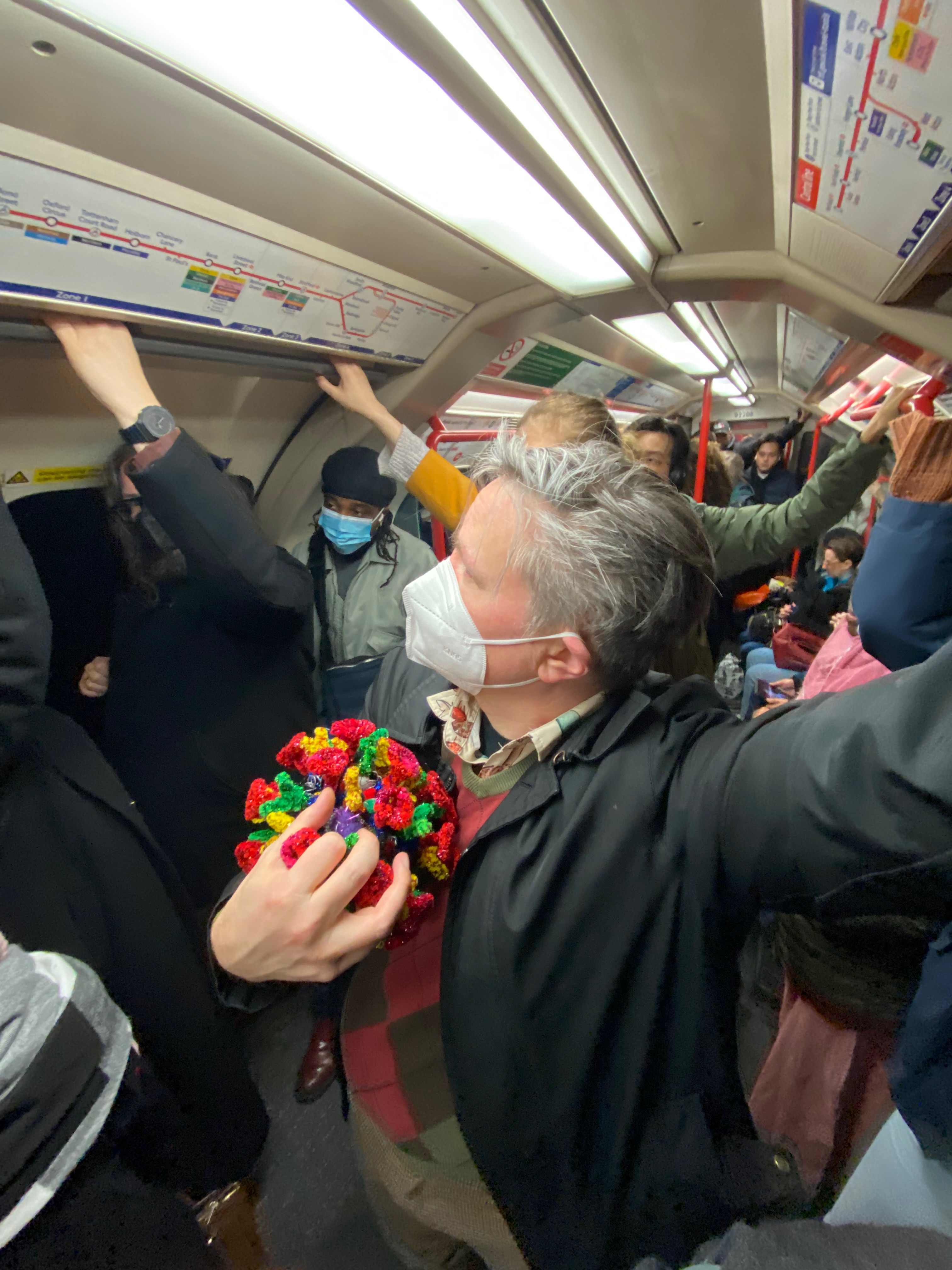
We also enjoyed hearing from Ella Hubber, a PhD Student at King’s who runs a popular TikTok channel, co-produces a podcast, and uses other social media to effectively communicate science!
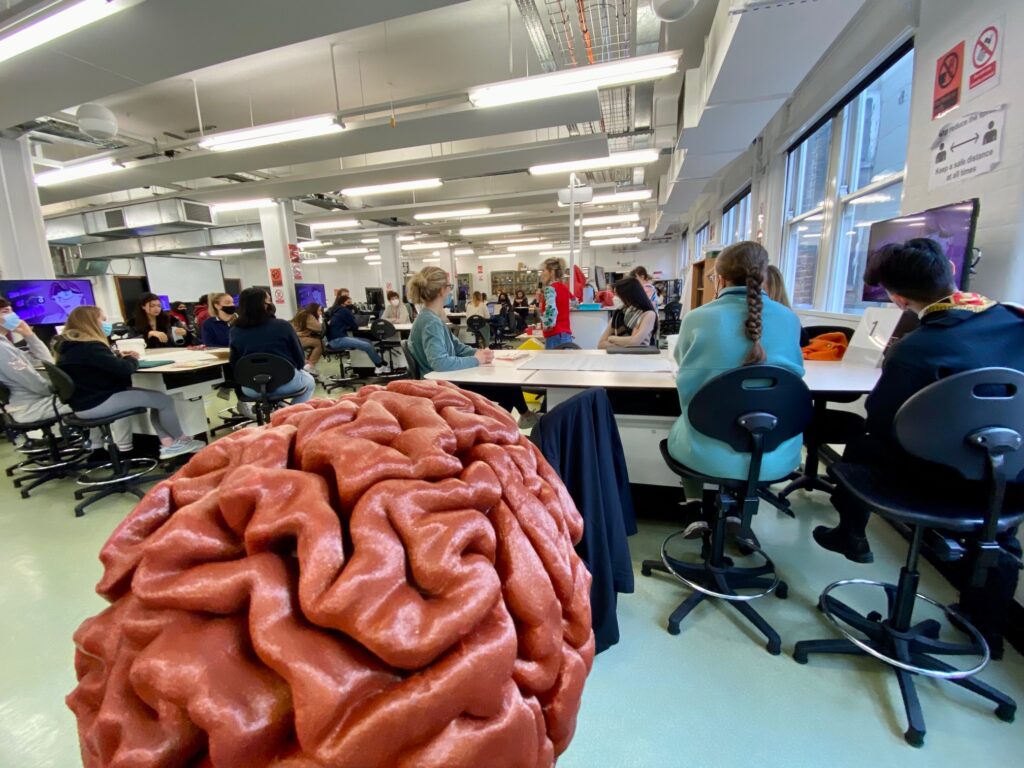
Students at King’s had terrific questions!
How do you handle the more controversial topics in science?
We don’t go places with an agenda. We don’t assume that we are the experts in everything. We value the knowledge that community members share, and we’re excited to discuss the interests they express, and see where our own research knowledge might connect. Our visit topics are driven by local questions. That way we can talk about anything that a student, for example, might bring up.
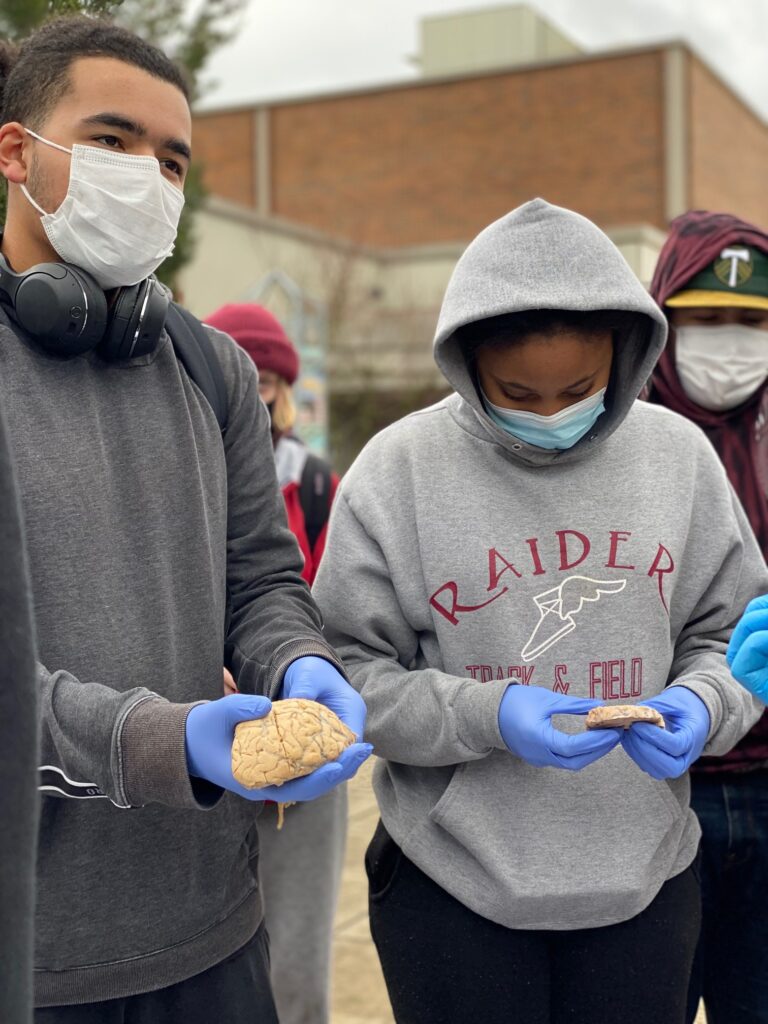
Can you offer an example of how you’d specifically integrate music into your outreach?
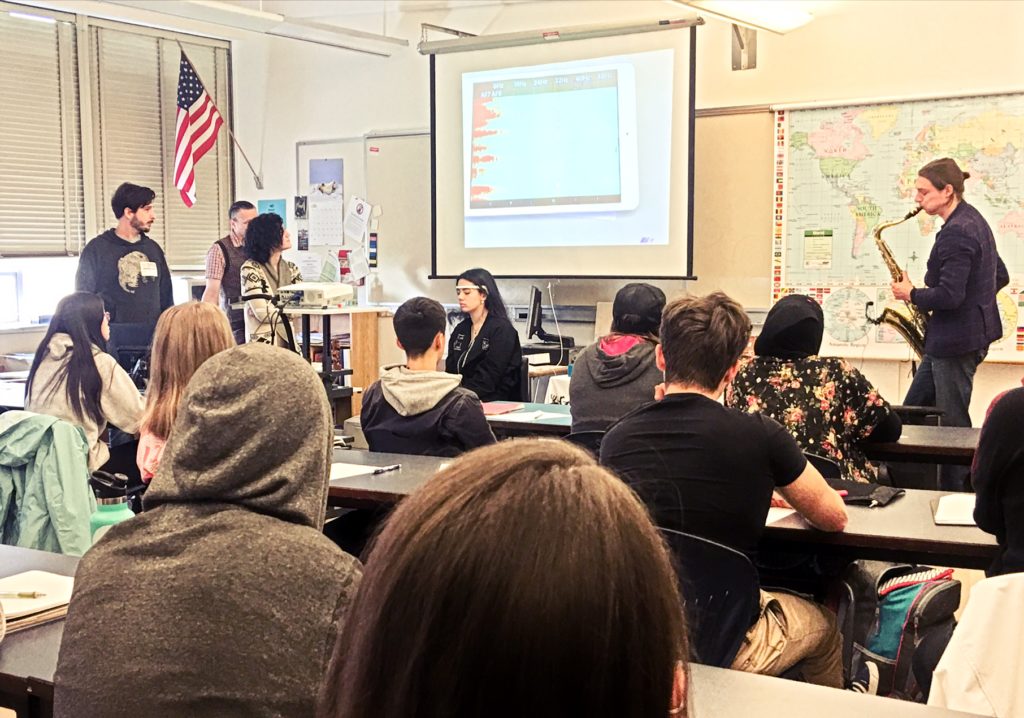
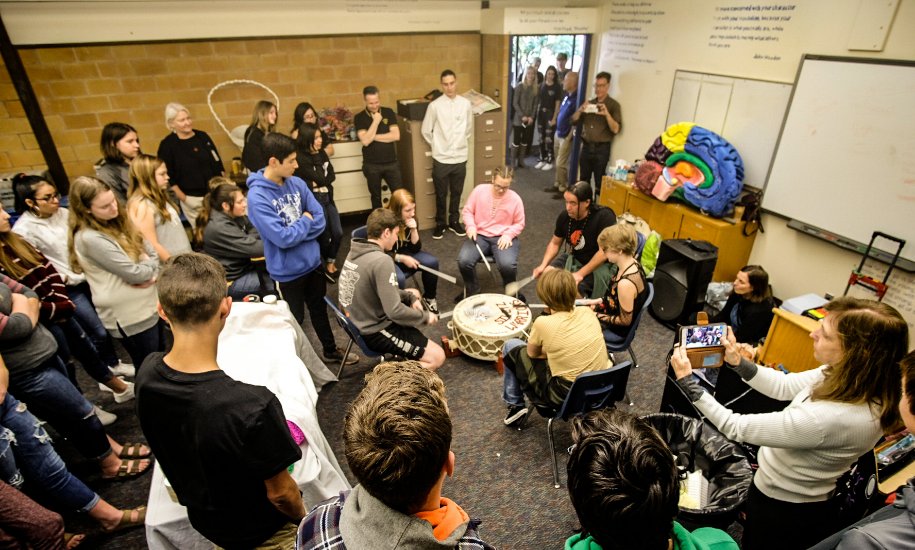
LEARN MORE: Until the story takes shape
LEARN MORE: Frequencies @ Franklin: Your brain on sax!
LEARN MORE: Music & Brain: Rewarding Rhythms for Houseless Youth
LEARN MORE: NOGGINFEST!
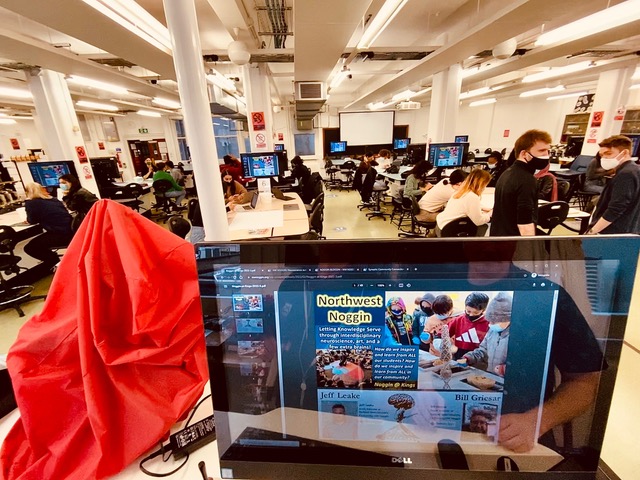
I’m so intrigued by where you go. How do you make these connections with different communities?
We started NW Noggin as parents looking for summer educational opportunities for our own kids. But in Portland, as in much of the US, these programs (e.g., from a local science museum, and a program called Saturday Academy) are expensive, and out of reach for too many. So we decided to make one ourselves! We partnered with a local county program offering free meals and daytime sports activities, and brought in real brains and art projects. It has ballooned from there! We have so many requests that there just aren’t enough days in the year to do them all. But we’re trying!
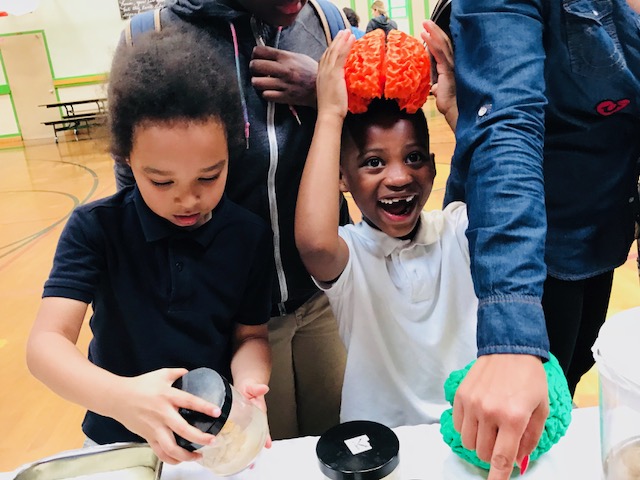
Definitely see if you or others have connections locally, perhaps a school teacher, and send them an email. You’ll be surprised by how much you’ll learn, how much you’ll share, and how far you’ll go!
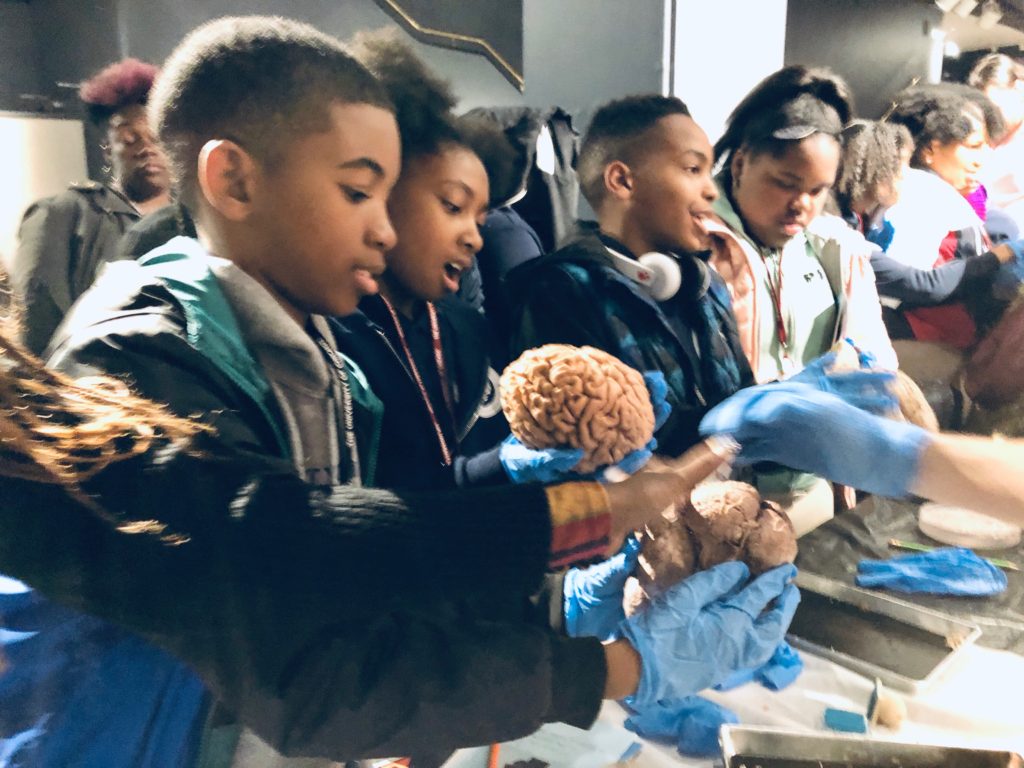
WHERE DO WE GO: NOGGIN BLOGGIN
LEARN MORE: NW Noggin Collaborators
I love that you go places for outreach, and don’t rely on bringing people to campus (what you called “in-reach”). How do you avoid upsetting some of the more senior faculty who aren’t always comfortable with change?
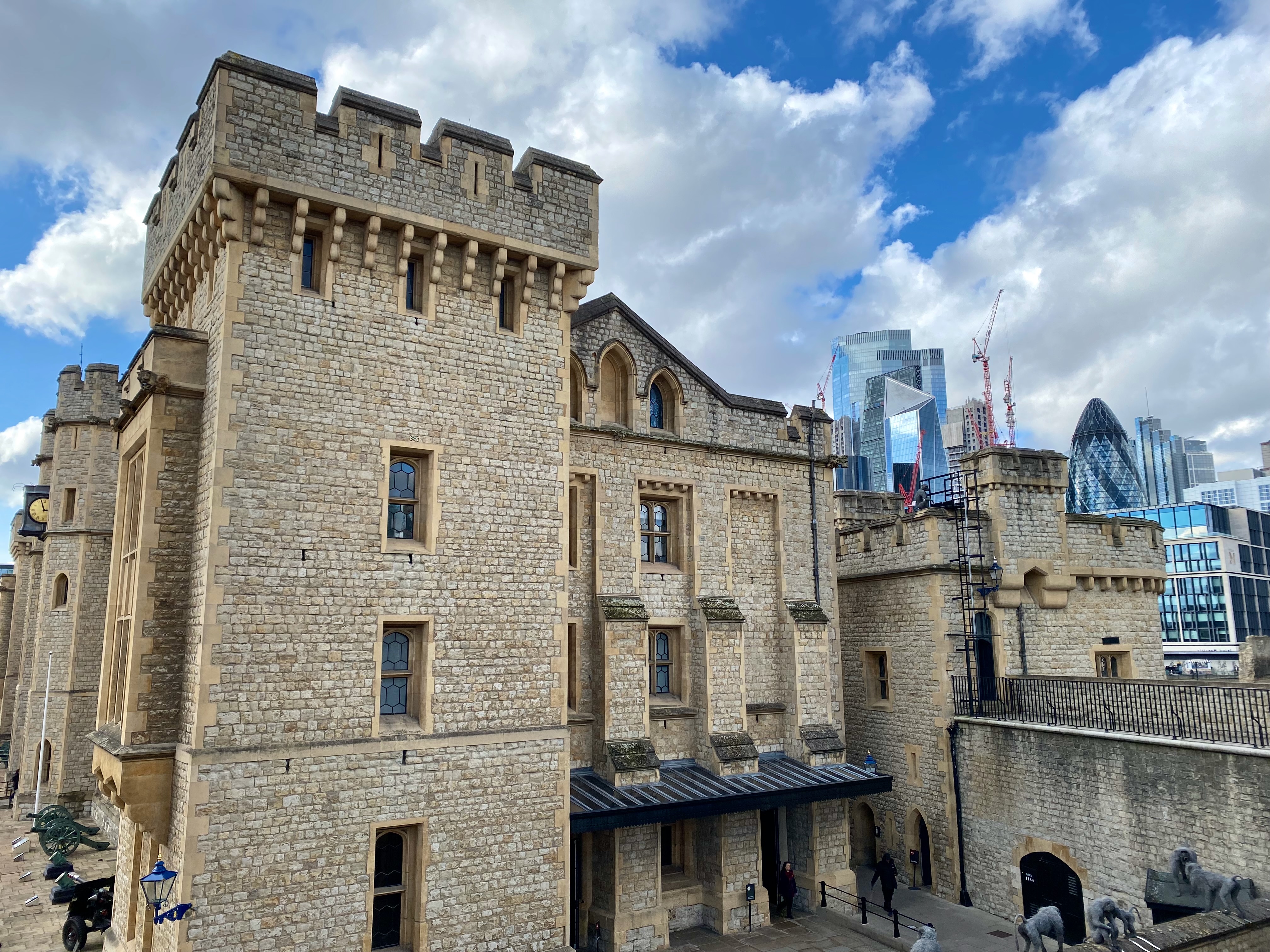
We were told by one senior faculty member that we offer “icing,” but the job is to provide “cake.” They were personally never going to provide anything more than…cake. (Seriously: let them eat cake!). Faculty at that Washington State branch campus told us NOT to engage students from other schools, because our “job” (despite very little pay) was to market their institution. They weren’t fond of interdisciplinary approaches, including art, despite strong enthusiasm from area schools and their own students!

But as educators, we know (from doing it, without “elevator pitches”) the importance of going places, and genuinely learning from and engaging with people in our own communities, valuing their questions and passion for the brain. Our undergraduates hone their speaking and teaching skills, make wonderful art, gain direct knowledge of community needs and interests, make exciting psychology, neuroscience and art educational and career opportunities tangible for young people – and from these powerful experiences, many have ended up working in school districts, shelters, research labs and more.

We say do it, despite likely institutional inertia. A few years ago we were invited by then President Obama to a conference for “innovators,” where he told us that institutions often start with beautiful mission statements, and then develop a bureaucracy, and slowly the mission shifts towards its preservation instead of the original mission. So get out there and shake things up :).
LEARN MORE: Noggin @ White House Frontiers
What sort of institutional support do you receive for this wonderful work?
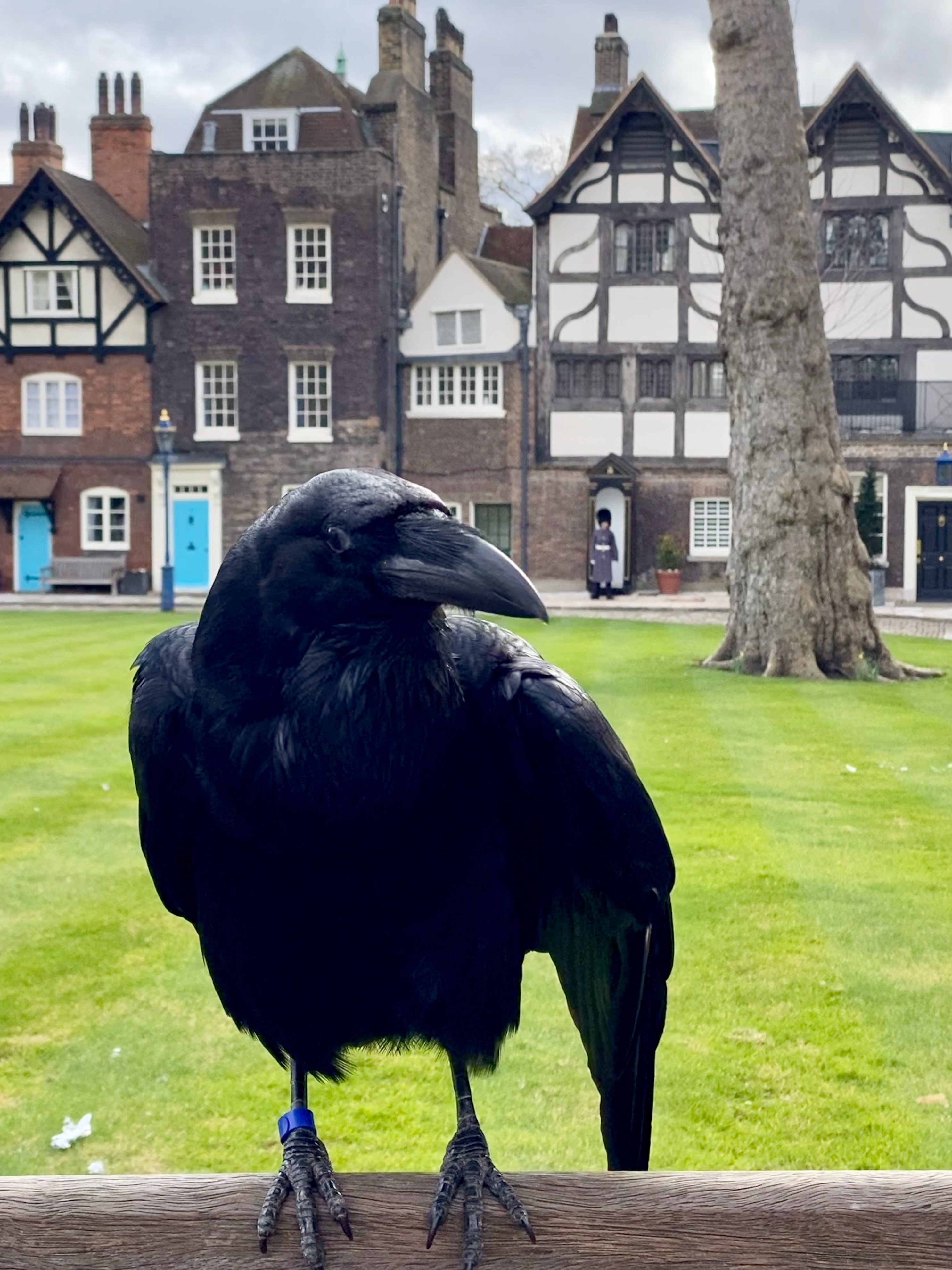
LEARN MORE: Brains, tools, innovation and biogeography in crows and ravens
LEARN MORE: Birds have primate-like numbers of neurons in the forebrain
LEARN MORE: Until the story takes shape
If an institution values teaching, and supports educators who teach, and provides them with a decent salary and benefits, outreach is gloriously easy! It’s valuable, it’s relevant, it improves our own skills, and it connects students and the institution directly to communities it’s supposed to serve. Institutions also need to acknowledge the value of art, and pay the artists. There’s bureaucracy to contend with, but innovate and grow in networks, let knowledge genuinely serve, and hopefully change comes soon.
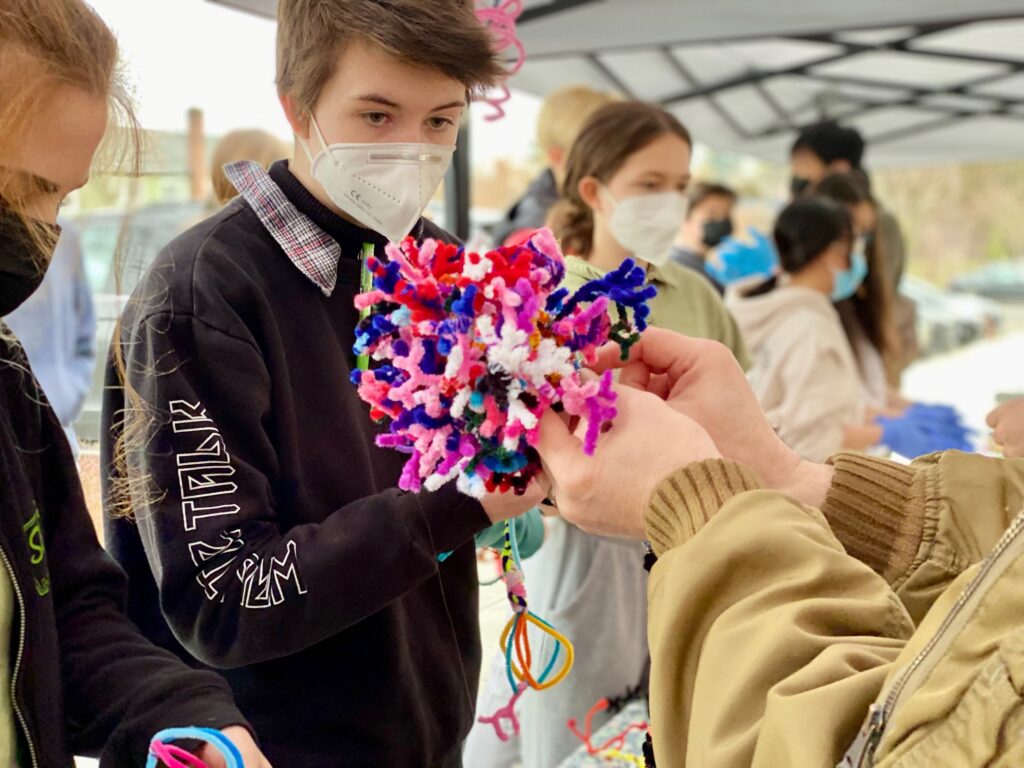
LEARN MORE: Pay the Artist
From Leigh Wilson, Kings College London: “We wanted to extend our huge thanks for coming along and sharing amazing work, experiences, and philosophies with the students today. It was brilliant to hear your journey and the students (and us) were totally inspired hearing about your programmes and ideas. All the best and thank you so much again for taking the time to come to King’s.”

An extraordinary experience. We’re indebted to Leigh, Rich, Kings and to Portland State University, who all provided support for this cross-Atlantic collaboration. THANK YOU!

